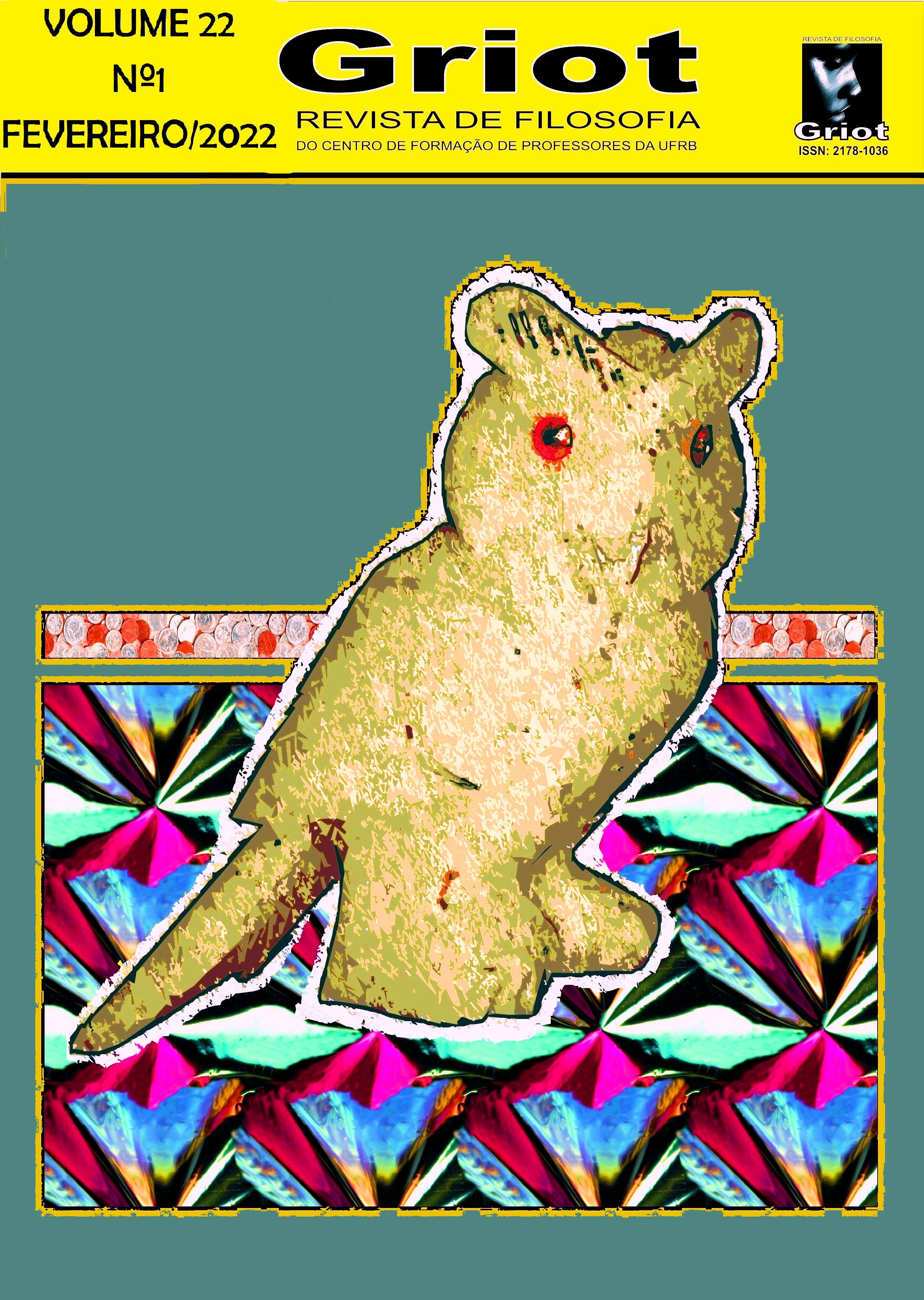Between remembering and forgetting: reflections on memory and forgetfulness from Nietzsche and Bergson
DOI:
https://doi.org/10.31977/grirfi.v22i1.2762Keywords:
Memory; Forgetfulness; Body.Abstract
This work aims to highlight the continuous game and the paradoxical relationship established between memory and forgetfulness based on the contributions of Friedrich Nietzsche and Henri Bergson. We will follow the hypothesis that the origin of memory and consciousness in Nietzsche is very close to that made by Bergson in Matter and Memory. I will try to expose how memory in Bergson arises in the interval between action and reaction, at the moment when man hesitates, organizes and selects the new movement. The same hesitation movement occurs in Nietzsche, when man abandons the "animalistic" realm of the instant and begins to calculate and plan his actions. In the meantime, when man acquires the capacity to remember and distances himself from the instinctive animals, forgetfulness becomes vitally important, according to Nietzsche, since an excess of memory can resent and sadden the body. In Bergson, on the other hand, the brain mechanism - an organ of attention to life - also occupies a prominent place, from the moment it temporarily removes the totality of (non-useful) memories, and allows only some of them to become conscious (the useful ones). To this end, we will observe that what is behind this infinite game between memory and forgetfulness is the maintenance of a healthy body that does not get lost in excesses - of remembering too much or forgetting everything. A body that knows how to remember, but also how to forget in order to live.
Downloads
References
ASSMANN, Aleida. Espaços da recordação: formas e transformações da memória cultural. Campinas, SP: Editora da Unicamp, 2011.
BERGSON, H. Matéria e Memória: ensaio sobre a relação do corpo com o espírito. Trad. Paulo Neves. 4º Ed. São Paulo: Martins Fontes. 2010.
BORGES, Jorge Luís. Funes, o memorioso. In: Ficções. São Paulo: Globo, 1995.
DELEUZE, Gilles; PARNET, Claire. Diálogos. Trad. de Eloísa Araújo Ribeiro. São Paulo: Escuta, 1998.
DELEUZE, Gilles; GUATTARI, Felix. Mil Platôs: capitalismo e esquizofrenia. v. 4. São Paulo: 34, 1997.
GAGNEBIN, Jeanne. Marie. Lembrar, escrever, esquecer. São Paulo: 34, 2006.
GUÉRON, R. Da imagem ao clichê, do clichê a imagem; Deleuze, cinema e pensamento. Rio de janeiro: NAU Editora. 2011.
NIETZSCHE, Friedrich. A genealogia da moral. Trad. Mário Ferreira dos Santos. Petrópolis: Vozes, 2013.
NIETZSCHE, Friedrich. Sobre a utilidade e a desvantagem da história para a vida. Trad. André Luís Mota Itaparica. São Paulo: Hedra, 2014.
NIETZSCHE, Friedrich. A gaia ciência. Trad. Inês A. Lohbauer. São Paulo: Martin Claret, 2016.
NIETZSCHE, Friedrich. O crepúsculo dos ídolos; ou, a filosofia a golpes de martelo. Trad. Edson Bini e Márcio Pugliesi. São Paulo: Hemus, 1976.
PELBART, Peter Pal. O tempo não-reconciliado. Perspectiva (coleção estudos; 160 / dirigida por J. Guinsburg). São Paulo. 2007.
SELIGMANN-SILVA, Márcio (org.). História, Memória, Literatura. O testemunho na era das catástrofes. Campinas, Editora da UNICAMP, 2003.
SULEIMAN, Susan. Crises da memória e a Segunda Guerra Mundial. Trad. Jacques Fux e Alcione Cunha da Silveira. Belo Horizonte: Editora UFMG, 2019.
TARKOVSKI, A. Esculpir o tempo. Trad. Jefferson Luiz Camargo. 2 ed – São Paulo: Martins Fontes. 1990.
Downloads
Published
How to Cite
Issue
Section
License
Copyright (c) 2022 Ludymylla Lucena

This work is licensed under a Creative Commons Attribution 4.0 International License.
The authors who publish in Griot: Revista de Filosofia maintain the copyright and grant the magazine the right of first publication, with the work simultaneously licensed under the Creative Commons Attribution 4.0 International License, allowing sharing and adaptation, even for commercial purposes, with due recognition of authorship and initial publication in this journal. Read more...









































































